BY TOSIN AKINRINDE
It was in October 2019 that Nigerian consumers first became aware of the dispute between Nigerian banks and telco providers over who pays for Unstructured Supplementary Service Data (USSD) services customers enjoyed. This must-have sounded strange to the customers seeing as they were already being charged for the service.
The Association of Licensed Telecommunications of Nigeria (ALTON) had complained about the undue silence of key stakeholders in resolving the crisis of the USSD service between the banks and the telcos in Nigeria and threatened then to shut down the platforms if a consensus was not reached.
The ALTON Chairman, Engr Gbenga Adebayo pointed out that contrary to popular beliefs that USSD cost is a sunk cost as championed by the CBN, the USSD is an infrastructure which the network operators had invested much into, and so could not offer it free to the banks.
Advertisement
Adebayo proposed then that telcos will only provide the service at no cost to the banks if the banks stop charging telecoms subscribers for the use of USSD codes.
“They think we should not charge; they also should not charge our subscribers. A time will come when we will have to invoke our rights under the Communications Act, which allows us to seek a request to disconnect the link.” Adebayo declared.
The banks did not jump in on this suggestion because they were raking in millions of naira from this service, even though they were not paying for it, and they wanted to keep it that way.
Advertisement
The Central Bank Governor, Godwin Emefiele was quick to jump to their defence. “The banks will not allow this to happen. They are the people who give this business to the telecom companies. I have told the banks that they have to move their business, move their traffic to a telecom company that is ready to provide it at the lowest possible if not zero cost. And that is where we stand, and we must achieve it.’’
Imagine wanting to pay zero cost for something that fetches you billions?
The USSD infrastructure is targeted at the underserved and obviously being maintained at a cost as the telcos have said, and someone has to pay for it. MTN Nigeria at the time called stakeholders to the negotiation table in the hopes of reaching a consensus, and not much was heard about it after then until the telco providers drew public attention to an outstanding N42 billion debt over these services and threatened to suspend it.
The Central Bank of Nigeria and other stakeholders intervened and initiated discussions to resolve the disagreement, only that this time, the resolution was going to be at customers expense.
Advertisement
Customers would now pay a flat rate of N6.98k per transaction, for USSD services, and “To promote transparency, the new USSD charges will be collected on behalf of MNOs directly from customers’ bank accounts. Banks shall not impose additional charges on customers for the use of the USSD channel” the statement said.
I should probably be asking how the NCC, Minister of FMOCDE, and the CBN can be cool with an arrangement that double-charges and further impoverishes the consumers, but I will not. Instead, I will ask why the apex consumer protection agency in Nigeria – Federal Competition and Consumer Protection Commission (FCCPC) – is not a part of these discussions. We have the bank CEOs looking out for their profits, the telcos standing to avoid being cheated, so there should be an agency to look out for the consumers interest.
Businesses compete to make money while the FCCPC is to protect the consumers from being trampled in the process, or are they only interested in easy preys?
Banks have billed and still bill customers for these services, so why is there a need to have the customers pay the telco providers again? Isn’t this an obvious case of double billing?
Advertisement
Just recently, the Access Bank MD/CEO, Herbert Wigwe was quoted on Bloomberg as saying that even though the telco companies have been providing these services, “but this service has nothing to do with the banks.”
In these times where a customer can open a bank account using the USSD, if the services have nothing to do with the banks, then who? Is it the same customers who are already charged by the banks for using the service for transactions?
Advertisement
If the head of the team of bank CEOs who have been in discussion with MTN Nigeria is coming forward to say that the services have nothing to do with the banks, does this mean that there is no actual plan to pay the debts?
The joint statement about the discussions co-signed by the CBN Head of Corporate Communications Osita Nwanisobi, and the NCC Director of Public Affairs, Dr. Ikechukwu Adinde on 16 March 2021 does not corroborate his statement though.
Advertisement
According to the statement, the accumulated debts resulted from “protracted disagreements from both parties over an appropriate USSD pricing model”. Nothing in this sentence suggests that the banks have nothing to do with the USSD services. In fact, what this suggests is that they are yet to reach a consensus on what percentage should go as commission, and in spite of this the Mobile Network Operators (MNOs) kept the service on in the consumer’s interest.
The hurry with which the banks are ready to cut off customers from the services over a commission disagreement, even when the telco providers who have been owed the accruable percentages continued with the services for this long, shows that for the lenders, it is just about their profits.
Advertisement
To date, there are some people who refuse to open bank accounts because they say it reeks of capitalism, robbing the poor to enrich some faceless rich. There are some who would never recharge from their bank accounts but would rather buy from a roadside airtime vendor. We could chide them for being illiterate and backward in their thinking, but times like these prove them to be wiser.
I think there are obvious questions waiting to be answered. Why is there a backlog of payments the banks are yet to remit to the telco providers, even though they have been deducting these charges from the customers almost immediately? Why are none of the negotiators saying anything about this?
What is wrong with the current arrangement and why is there a need to modify it? Is it because the banks cannot afford to part with some percentage of their mammoth profits, and would rather have the customers paying double charges?
With the endless and ever-increasing fees and charges from the lenders, how is the drive for financial inclusion supposed to make any progress? If I keep my N1000 in my house, at the end of the day, I still have N1000, but this cannot be said if I had that money in my bank account. It is not even a secret that some banks now debit customers on every transaction, both debit, and credit. Twitter threads abound where you find helpless Nigerians complaining about this exploitation, and it all ends with the “send a DM” because we are in Nigeria, where anything goes.
If things continue this way, the cashless society drive will only go two steps back because customers cannot do without airtime or data, and will have to resort to buying cards again. After all, why would I want to pay a service charge of N6.98k to purchase N100 airtime, when the banks will still charge me for SMS notification alerts at the end of the month for this same transaction?
These banks rake in several billions via their various channels which no one questions, by the way. In E-banking revenues for 2020 alone, Access Bank recorded N56.1 billion, First Bank got N48.7 billion, UBA got N44.2 billion, Zenith Bank got N27.1 billion, and GT Bank got N11.8 billion.
The tier two banks got impressive revenues on this channel too. FCMB recorded N8.6 billion, Union Bank recorded N7 billion, Sterling Bank got N4.9 billion, Stanbic IBTC recorded N2.7 billion, and even Wema bank recorded N2.6 billion.
Even account maintenance, which no one can exactly explain what it means, still fetches the banks huge sums in revenue. Zenith bank got N21.8 billion as account maintenance revenue in 2020, Access Bank got N15.1 billion, First Bank got N12.8 billion, GT Bank got N12.5 billion, UBA got N8.5 billion, Stanbic IBTC got N3.8 billion while FCMB got N3.6 billion.
Imagine what our lives would be like if the telco providers also charged us for sim maintenance services?
This will deeply hurt the financial inclusion drive, which the banks are supposed to be spearheading, rather than the mindless profit drive they are on right now.
Is the government ready to step in and deal with this issue decisively, or are the banks bigger than the government?
1 comments
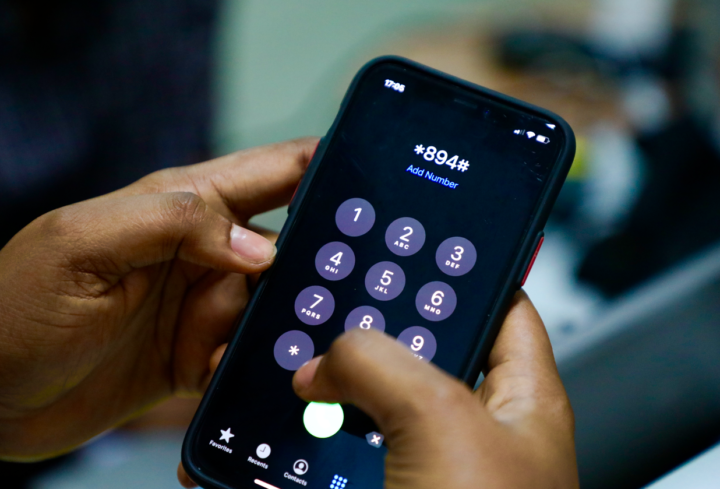
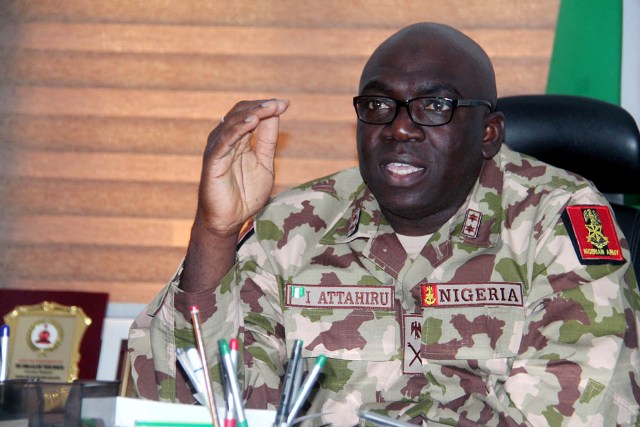
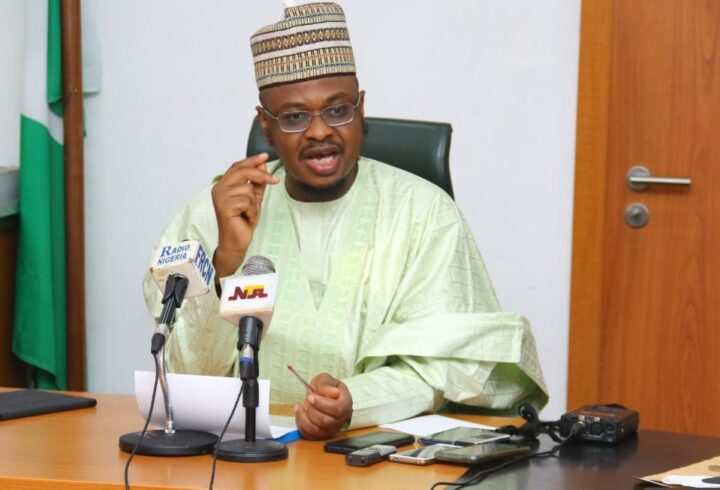

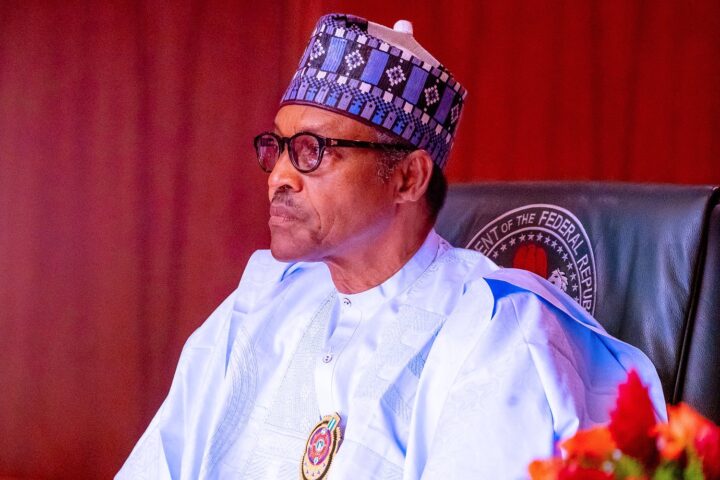
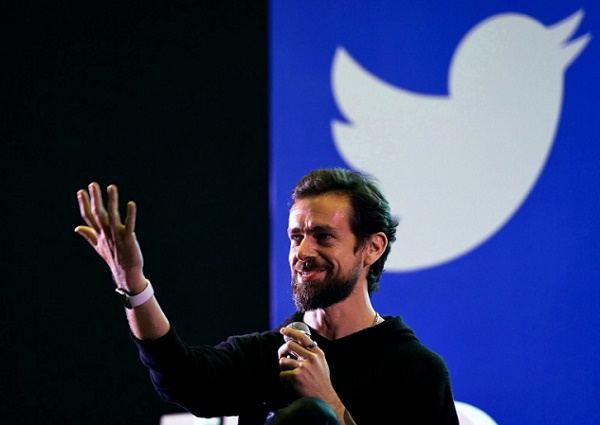
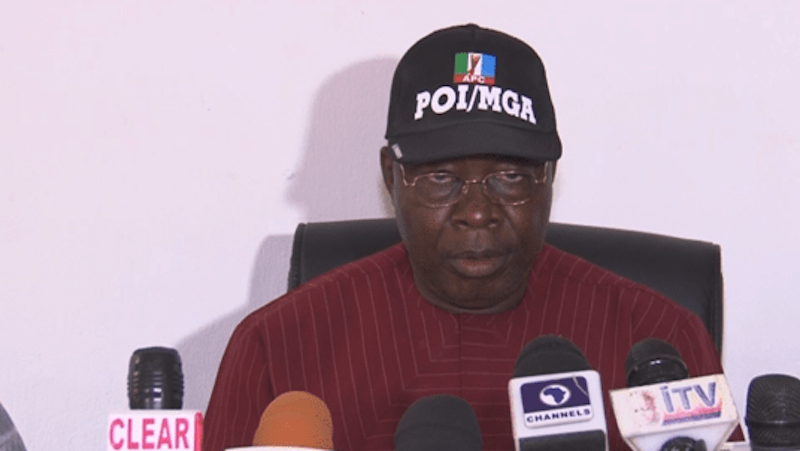
As much as you tried to be objective. Your report is so evidently biased and unbalance. The following points are important for you to look at:
1. How was the arrears arrived? Was there an agreement to accrue session charge bills when the NCC expressly instructed that session charge should be halted till there is an agreement?
2. It is so wrong that all banks have been charging the customers for the USSD service – fact check that!
3. If you are accusing the Banks of profiting on their customers, how about the MNOs are you saying they have not been fleecing the customers? Also, why are the regulators not taking a proactive and arbitrary approach to ensure this didn’t drag for this long?
4. Financial inclusion is not just for the bank to spare-head alone. How you significantly exclude the role of the regulators in driving that and ensuring all stakeholders bring their roles to bare is fascinating.